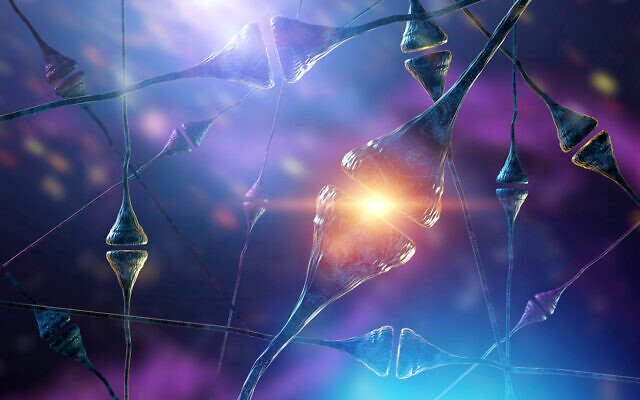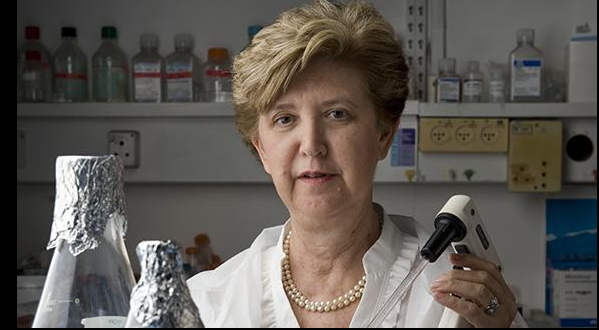
Tel Aviv University study suggests existing experimental drug may lead to effective treatments for some cases of autism, schizophrenia and neurodegenerative diseases.
Tel Aviv
Tel Aviv University researchers have identified a previously unknown mechanism shared by mutations in two genes which are thought to cause autism, schizophrenia and other conditions, the institution announced Tuesday.
Researchers also found that an existing experimental drug may be suitable for treating a range of rare syndromes caused by these mutations, which impair brain functions.
According to the researchers, their new findings could lead to the development of effective treatments for some cases of autism, schizophrenia and neurodegenerative diseases like Alzheimer’s.
“Some cases of autism are caused by mutations in various genes,” said Prof. Illana Gozes from the Department of Human Molecular Genetics and Biochemistry at the Sackler Faculty of Medicine and the Sagol School of Neuroscience at Tel Aviv University. “Today we know of more than 100 genetic syndromes associated with autism, 10 of which are considered relatively common (though still extremely rare).”
The study focused on one such syndrome, called activity-dependent neuroprotective protein (ADNP) syndrome, which is caused by mutations in the ADNP gene and disrupts the function of the ADNP protein. This leads to structural defects in neurons in the brain. The disorder can affect muscle tone, feeding, growth, hearing, vision, sleep, fine and gross motor skills, as well as the immune system, heart, endocrine system, and gastrointestinal tract. ADNP syndrome causes behavior disorders such as autism spectrum disorder.
In the study, the researchers identified a specific mechanism that causes this damage in mutations in the ADNP and in the SHANK3 gene, which is associated with autism and schizophrenia. The researchers estimated that the two mutations are responsible for thousands of autism cases around the world, Gozes said.
To start with, the researchers obtained cells from patients with ADNP syndrome. They discovered that when the ADNP protein is defective, neurons with faulty skeletons are formed, impairing brain functions. They also found, however, that ADNP mutations take different forms, some of which cause less damage.

Gozes said that in some mutations, a section added to the protein protects it and reduces the damage by connecting to a control site of the neuron’s skeletal system.
“We know that this same control site is found on SHANK3 – a much studied protein, with mutations that are associated with autism and schizophrenia,” she said. “We concluded that the ability to bond with SHANK3 and other similar proteins provides some protection against the mutation’s damaging effects.”
At the next stage of the study, the researchers found additional sites on the ADNP protein that can bond with SHANK3 and similar proteins. One of these sites is located on NAP, a section of ADNP that was developed into an experimental drug, known as davunetide, by Gozes’s lab.
The researchers then demonstrated that extended treatment with davunetide improved the behavior of model animals with autism caused by SHANK3.
The results of the study were published in the Molecular Psychiatry journal earlier this month.
_________________
Courtesy: Times of Israel